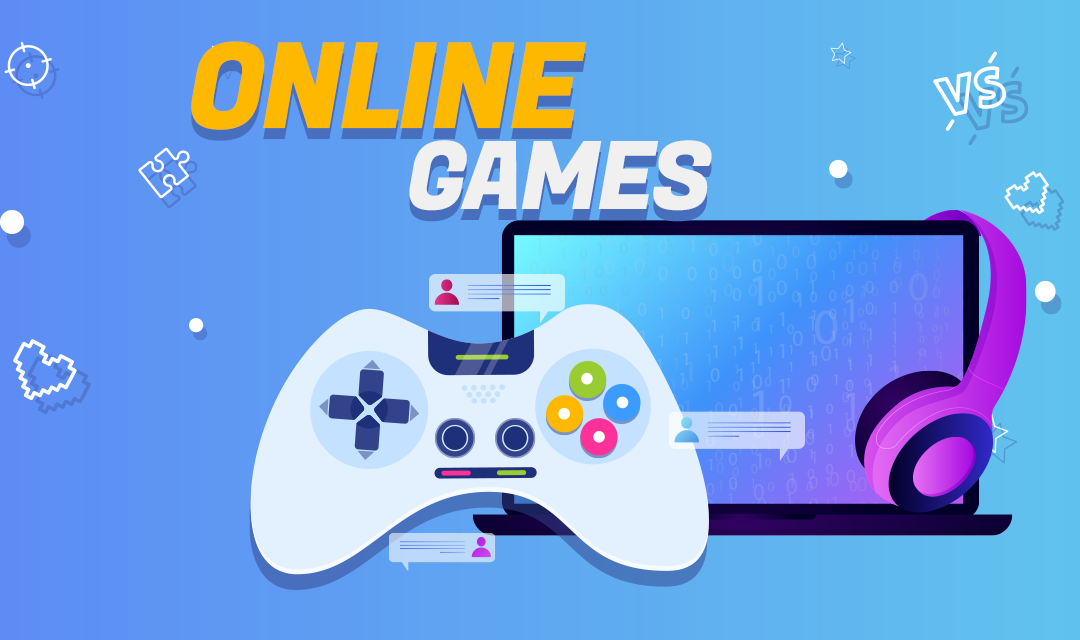Online gaming has evolved from a niche hobby to a global pastime enjoyed by millions of people worldwide. Over the past two decades, the industry has undergone a massive transformation, offering gamers diverse experiences that range from casual games to immersive, high-stakes competitions. As the internet speeds up and technology advances, online surgawin gaming continues to grow in both popularity and sophistication. This article explores the rise of online games, their appeal, and the impact they’ve had on society.
The Evolution of Online Gaming
The history of online gaming dates back to the early 1990s, when dial-up internet and text-based games like MUD (Multi-User Dungeon) allowed players to interact in virtual worlds for the first time. These early experiences paved the way for graphical games, which began appearing in the late 90s and early 2000s. Games like Warcraft and EverQuest introduced players to persistent online worlds where they could explore, level up, and interact with others in real-time.
Fast forward to today, and online games have become more diverse than ever. From massively multiplayer online role-playing games (MMORPGs) like World of Warcraft to battle royale games like Fortnite and Apex Legends, players can immerse themselves in virtual universes of every genre imaginable. Many games now feature sophisticated graphics, complex storylines, and innovative mechanics that push the boundaries of what is possible in the gaming world.
The Appeal of Online Games
One of the key reasons for the massive popularity of online games is the social aspect. In a world that is becoming increasingly connected, online games offer an opportunity to form friendships, team up with players from around the globe, and even build lasting communities. This sense of connection is especially significant in games that allow players to join guilds, form clans, and participate in cooperative or competitive activities. The global nature of online games breaks down geographic barriers, enabling individuals to engage in shared experiences no matter where they are located.
Another factor contributing to the success of online games is the rise of esports. Competitive gaming has turned into a multimillion-dollar industry, with professional tournaments offering massive cash prizes and global exposure. Games like League of Legends, Counter-Strike: Global Offensive, and Dota 2 have transformed gaming into a spectator sport, with millions of viewers tuning in to watch top-tier players battle it out. This competitive scene has also influenced the design of many games, making them more engaging and strategic to appeal to both players and audiences alike.
The Economic Impact
The online gaming industry is an economic powerhouse, generating billions of dollars each year. According to recent reports, global gaming revenues are expected to surpass $200 billion annually, with a significant portion of this coming from online games and mobile platforms. The rise of free-to-play games, supported by microtransactions, has contributed to the industry’s rapid growth. Games like Fortnite and League of Legends allow players to access the core game for free, while offering in-game purchases such as skins, cosmetic items, and battle passes that enhance the player experience.
The growth of online gaming has also created a wide range of jobs, from game developers and designers to streamers and content creators. Platforms like Twitch and YouTube have given rise to a new generation of influencers who generate revenue through sponsorships, donations, and ad revenue. This has led to the democratization of gaming, where anyone with the right skills and personality can build a following and turn their passion for games into a career.
The Future of Online Gaming
The future of online gaming looks brighter than ever, with technology continually advancing to offer even more immersive and interactive experiences. Virtual reality (VR) and augmented reality (AR) are beginning to play a larger role in gaming, allowing players to step into their favorite games and interact with them in ways never before possible. With the advent of 5G networks, the potential for cloud gaming has also expanded, allowing players to stream high-quality games on virtually any device, regardless of its hardware specifications.
Moreover, the integration of artificial intelligence (AI) is revolutionizing the way games are designed and played. AI can create more dynamic, responsive environments and help develop complex, adaptive opponents. This opens the door for personalized gaming experiences that cater to each player’s style and preferences.
